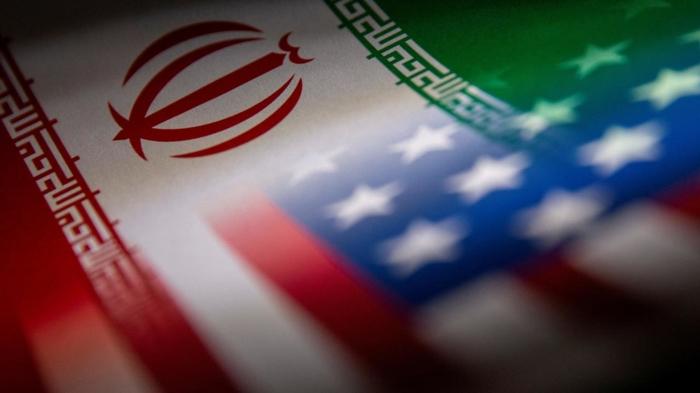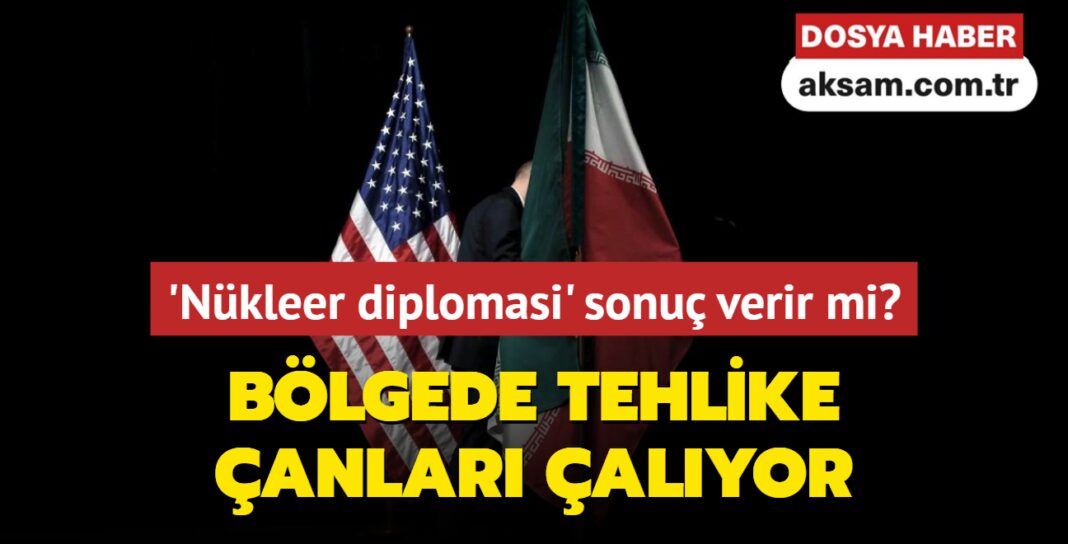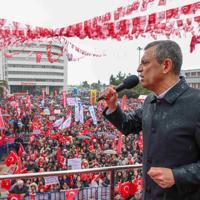The United States and the senior delegations from Iran came together to look for a new ground of agreement on Iran’s nuclear activities, and according to the information provided, the parties agreed to have additional negotiations in the coming days.
The negotiations took place in Muscat, the capital of Oman, and the White House talks were described as “positive and constructive”, while Iran made more statements.
For; While the Iranian side calls the process of “indirect negotiations”, the Trump administration describes it as “direct talks”, and even this distinction is in fact signs of the future of the process.
Arakçi’s statements reveal that the parties have not yet met at a common point on the table and that the wishes of the parties are completely different. Moreover, it clearly demonstrates that there is no road map for the direction in which negotiations will go.
Will diplomacy be successful?
The US, Iran and some European countries actually reached a nuclear agreement in 2015. In this context, Iran’s nuclear program was strictly controlled, only low -enriched uranium was allowed and Tehran undertakes that it would not produce nuclear weapons.
However, the Trump administration considered this agreement as inadequate and withdrew from the unilateral agreement in 2018. Despite international assessments that Iran was largely compatible with obligations, Washington left the table and began to re -impose sanctions.

Trump’s decision to restart nuclear talks with Iran can be considered as a significant policy change compared to the period in which the first period was unilaterally withdrawn from the nuclear agreement in 2018 and adopted the “maximum pressure” strategy against Iran.
However, despite the beginning of negotiations, Trump continues to state that the military option will be on the table if Iran does not completely give up its nuclear efforts.
Of course, both sides have interests in terms of maintaining diplomacy. Trump promised to finish wars in the world during the propaganda process and said he wanted to stay away from long -term conflicts in the Middle East.
Iran, on the other hand, has been faced with embargoes for a long time under economic and geopolitical pressures, and is looking for a way out.

Because due to many years of sanctions in Iran, the economy has come to such a point that although the country is an oil and energy producer, especially in recent years, power outages and crises such as the inability to maintain production in factories are faced.
On the other hand, Iran has received various coups through proxy forces in the recent clashes with Israel, which is seen as an increasing threat of security by the Iranian administration.
Although Iran has begun diplomacy initiatives in the light of all these balances, it seems difficult to give up Iran’s nuclear program. Because Iran, Libyan leader Muammer Gaddafi’nin, western countries in agreement with the nuclear weapon program after the NATO attacks after the “historic lesson” sees the overthrow.
In other words, the United States demands that Iran to fully give up its nuclear efforts, while Iran does not seem to give up it. This reveals that it would be difficult for the diplomacy process to result in a positive way.
Does the voltage continue?
In an environment where Hamas and Hezbollah were worn out with Israel’s attacks, the US is organizing major air strikes against the Houthis in Yemen in recent weeks, and American aircraft carriers and American strategic bombing planes deployed in the region give a message for a direct attack on Iran.
All this uncertain and incompatible process in these military realities and negotiations show that tension will continue, and perhaps even a process in which Iran’s nuclear facilities will be bombed by the US and Israel.
The United States and Israel want the completion of the nuclear program as well as the completion of Iran’s missile program and its regional deputies. This approach undoubtedly shows that the world will witness a negotiation process that cannot be accepted by Iran.





